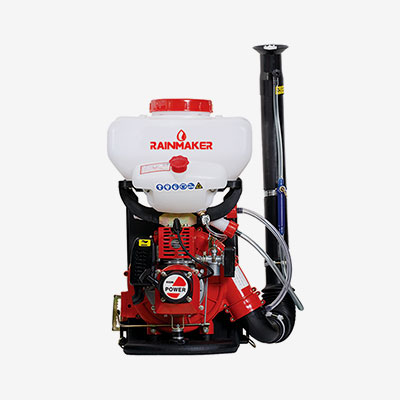Agricultural spray pumps are an important part of agricultural machinery. Farmers rely on them to apply liquid fertilizers, pesticides and herbicides to crops. They help farmers spray their crops efficiently and are reliable suppliers. Consider the following factors when purchasing an agricultural spray pump:
1. Agricultural sprayers are available in different boom sizes. Boom size may need to be adjusted to accommodate different crop varieties.
2. Different crops require different types of agricultural spray pumps. For example, soybeans require high-flow pumps, while sunflowers require low-flow pumps. There are six general types of agricultural spray pumps: piston, diaphragm, perfusion, and centrifugal. You need to choose GPM and pressure according to your requirement. Some pumps have additional features such as adjustable flow and automatic resistance. GPM and pressure should be appropriate for the type of crop you are growing.
Agricultural spray pumps are used in rice, wheat, sorghum, cotton and mustard cultivation. There are many types of agricultural spray pumps to choose from, from piston and diaphragm pumps to rotary air compressors and inline fuel cells. Each type has its own specific requirements for flow and pressure, but they are generally suitable for spraying a wide range of substances.
Pumps used in agricultural spray pumps are also crucial for the application of various chemical products. To ensure safe and efficient application of chemical products, pumps must be able to provide a constant flow. In addition, it must be able to operate the hydraulic mixing system and deliver the required volume to the nozzles. Typically, these pumps are self-priming and are capable of producing pressure ranges up to 725 PSI.










